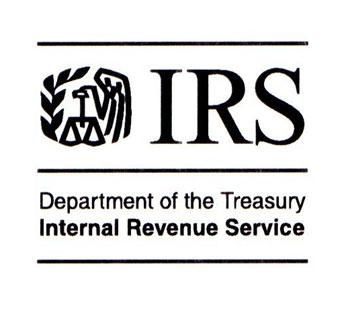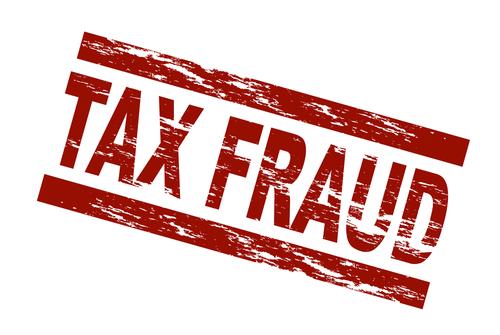Englewood Doctor Owes $500,000 to IRS
Los Angeles, Oct. 28,2013 — An Englewood doctor was convicted of conspiring to defraud the Internal Revenue Service by concealing millions of dollars in assets and income in offshore bank accounts and of filing false income tax returns. Patricia Lynn Hough faces a potential sentence of five years in prison and a $250,000 fine for a conspiracy count and three years and a $250,000 fine for filing false returns. Federal prosecutors accused Hough of conspiring to defraud the IRS along with her husband David Fredrick, by creating a foundation and other entities to hold the money in accounts at foreign banks. The move was an effort to “conceal assets and income from the IRS,” the Department of Justice said. The couple sold real estate in April 2007 for more than $35 million, “all of which was deposited into undeclared accounts in the name of the nominee entities,” the Justice Department said. “The majority of the sale proceeds were not reported to the IRS on their tax returns and no tax was paid,” the agency said. Fredrick also transferred more than $1 million to his relatives, the agency previously reported. Hough’s sentencing is scheduled for February 10, 2014.
If you have job expenses, currently deductible rental losses, significant charitable contributions, home office expenses, or Schedule C losses you still might want to take a step-back and rethink the “bigger picture” before piling up one or more so-called “IRS red flags” deductions, expenses, and write-offs on your tax return if there are other items on your current year’s tax return (or on your last 2 years’ tax returns) that you really wouldn’t want the IRS to closely scrutinize because of an audit that is triggered by the return you are currently preparing. Are the various deductions, expenses, write-offs you are now “considering claiming” worth it, or would you trade a few “red-flag” income offsets so as to remain in the 99% group who won’t have a greater chance of an IRS audit?
When in doubt, it might be a good idea to review your proposed tax return options with the help of a qualified CPA, IRS enrolled agent, or the counsel of a tax lawyer.
If you do decide to take advantage of the tax savings possible by using one or more of the “red flag” deductions, there are some things you can do to reduce the chances of standing out from the crowd. First, make certain that you file your return on time; use a respected CPA, IRS Enrolled agent/preparer, or tax lawyer to assist in preparing your tax return. Also, have the CPA, IRS Enrolled agent/preparer, or tax lawyer sign your tax return as tax preparer; or if you insist on self-preparing, use a well-known software program to prepare your tax return. Whenever possible, file your tax return electronically, not by mail; finally, attach explanatory forms and/or statements to your tax return where necessary.





